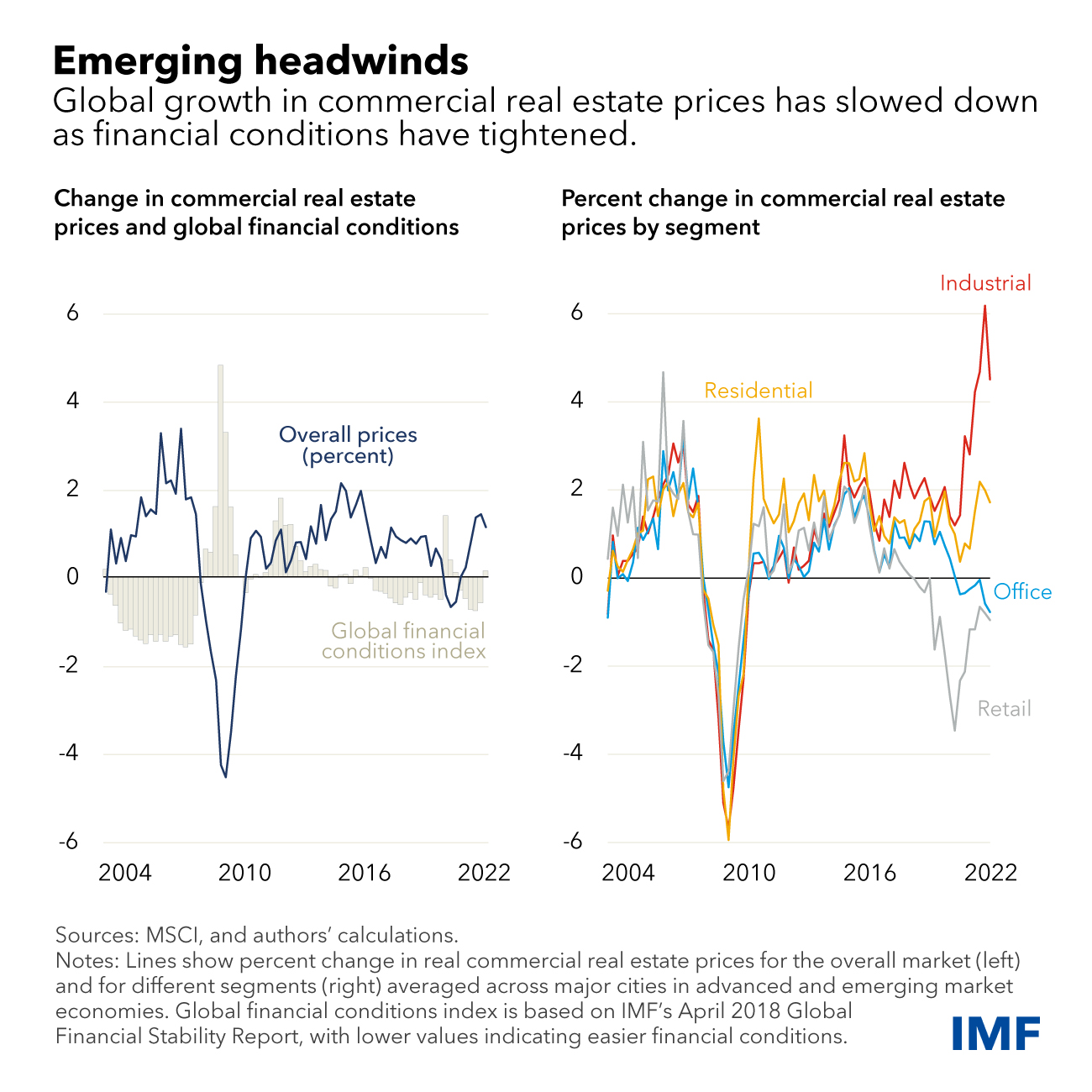Why Stats Are Pivotal For Business’
Data has evolved as a cornerstone for informed decision-making in the dynamic world of entrepreneurship. Statistics play an important role in an entrepreneur’s life, from the start of a business to its expansion or dissolution. “Information is power,” as the cliché goes, and statistics provide the required power for success. This article will look at how statistics can help guide and influence important business decisions.
Understanding Your Customer Base:
Knowing your consumer base is critical for a small firm. Statistics can assist you in answering questions about your consumers, such as who they are, how many are there in total, and are they anticipated to rise, remain stable, or fall in the future? Data allocation and analyzation are great resources for using information.
Deciphering Operating Costs
Statistics can help you understand average operational costs and revenue projections in your sector. Knowing key metrics like advertising expenditures helps in calculating the income required for profitability. The SME Benchmarking Tool from Industry Canada is quite useful for acquiring insights into these crucial elements.
In Summary
In the world of small businesses, adopting statistics is not an option; it is a requirement for success. You position your firm to prosper in a data-driven market by understanding your consumers, navigating income dynamics, strategically monitoring competition, comprehending operating expenses, and embracing learning opportunities.




